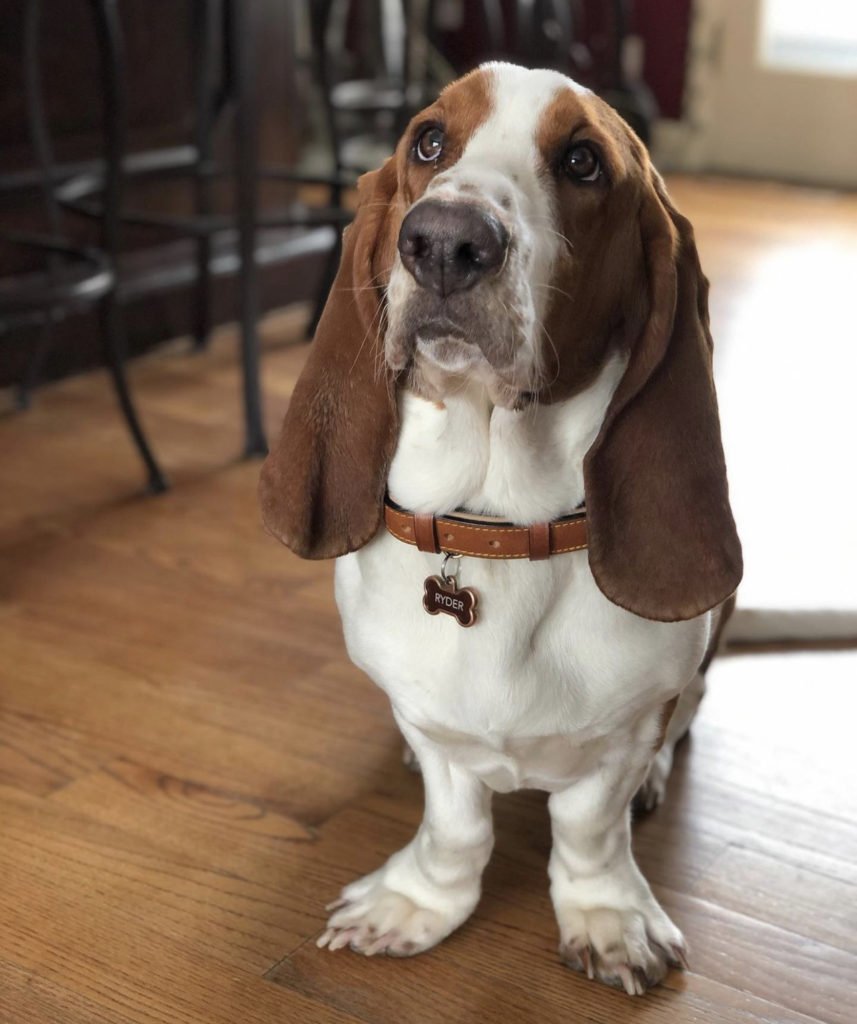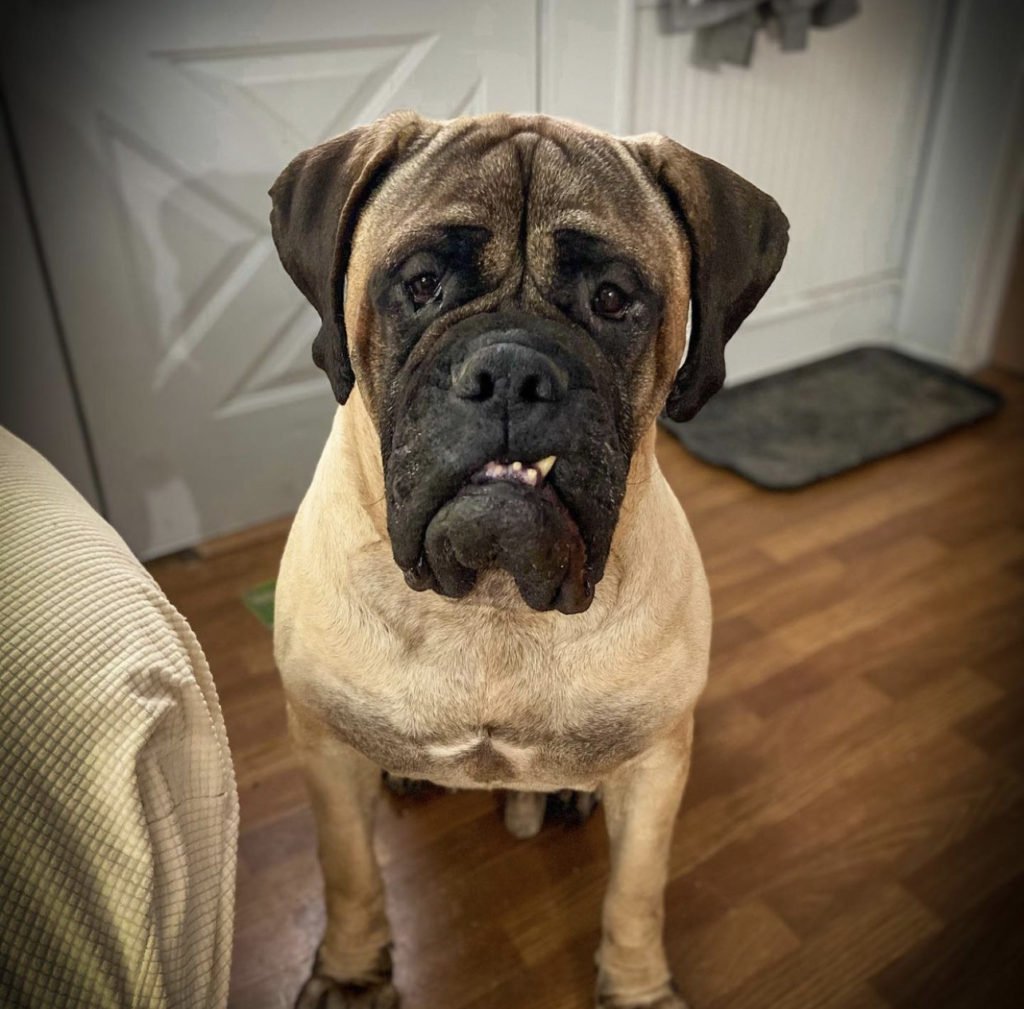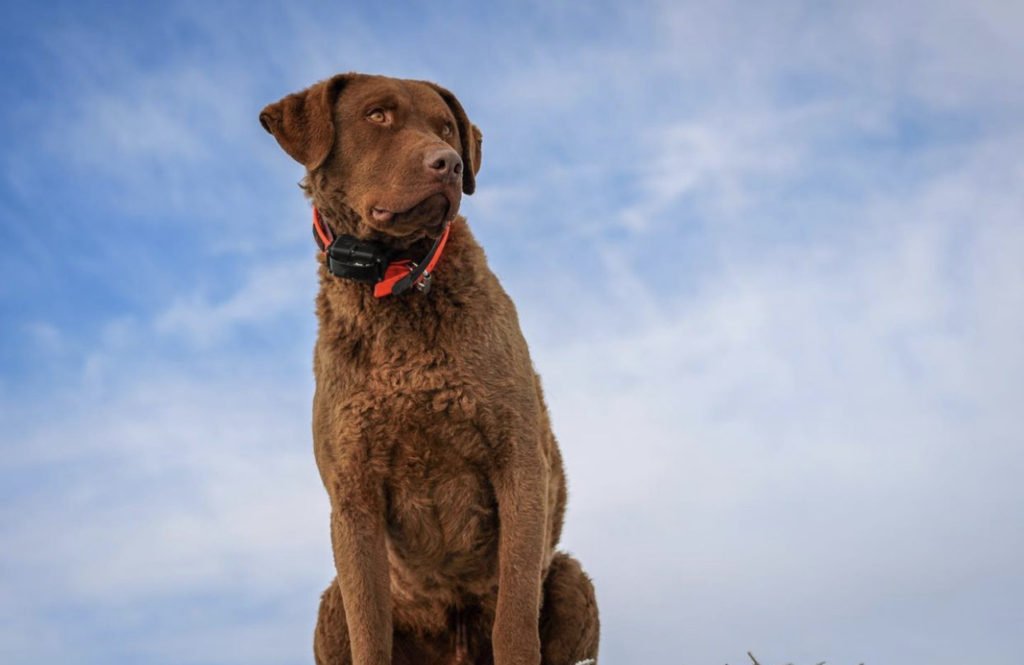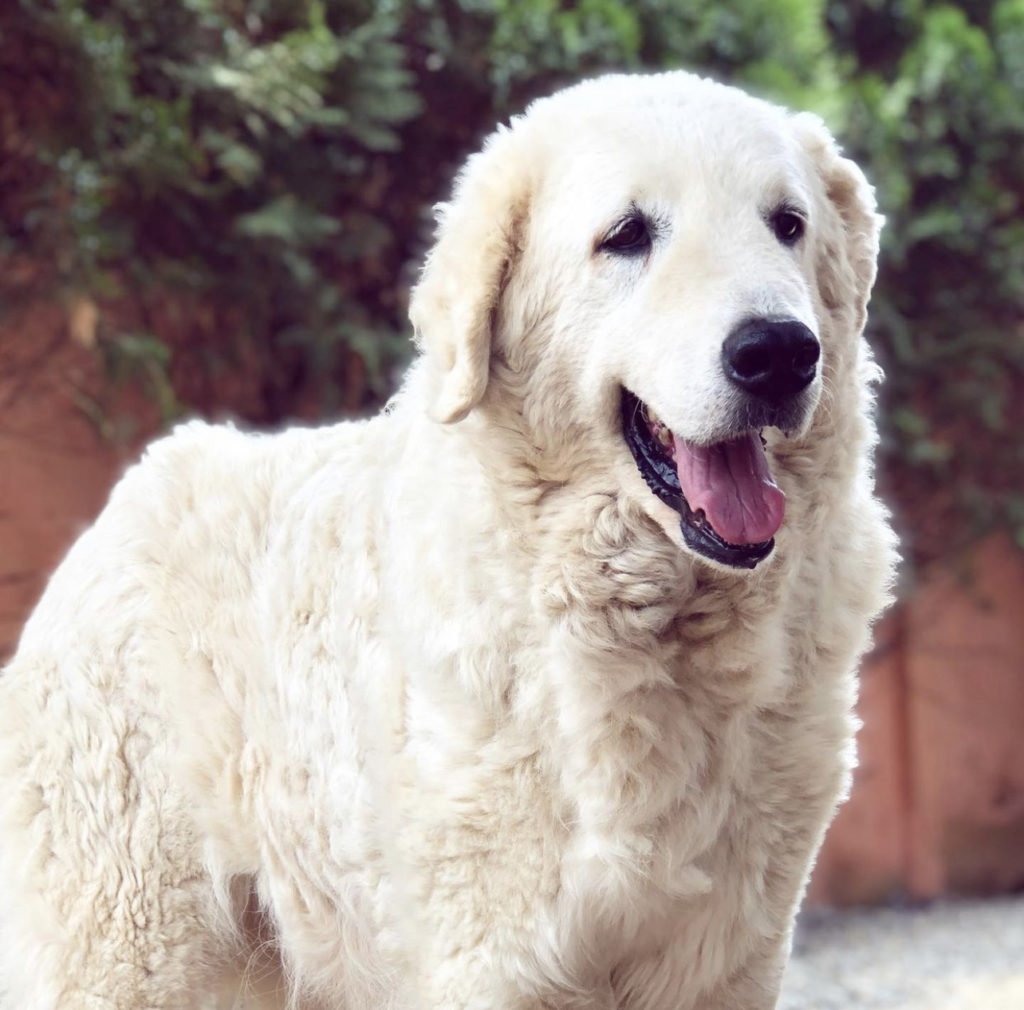The 9 Hardest Dog Breeds To Train!
Some dogs have a mind of their own though. As Dog Trainers we see this side the most.
Does your personality affect training success? Find out here!
We appreciate these pups for their strong will, curiosity and energy. They just may not be the best option for every pet owner. Breed generalization is certainly not guaranteed though, so see each dog as an individual.
A 2018 study, titled “Prevailing Clusters of Canine Behavioural Traits in Historical US Demand for Dog Breeds (1926–2005)” evaluated which pups are the most difficult to train based on a variety of factors. It’s just one of a handful of studies that evaluated each dog breed’s willingness to learn and obey, which was summarized by Top Dog Tips in 2019. Regardless of who does what study I’m apprehensive. People are flawed and these “studies” can be all over the place.
I’ll share my individual thoughts on each breed based off my experience with them. Too easy.
Adopting a puppy or full-grown dog is a handful, and some dog breeds are more willing to comply with instructions from their owners. Want your dog to be a high drive obedience champion? Well, then you’re reading the wrong list. These are probably the pups you should avoid if you’re looking for a loyal companion who won’t question your orders or choose to ignore them for the sake of independence.
Of course, that doesn’t mean these dogs are bad; not by a long-shot. It’s up to you to train your pet to your standards. Did you hear that? Not the Dog Trainer, but you. Yes, we can get things moving and lead the way then it’s your turn to grab the baton and run with it. It may be difficult, but it can be done. IMO, “difficult” is all perception anyways. Value the process and the progress and watch the rest fall into place.
Let’s begin shall we…
Saint Bernard

“Apparently, one of the most beloved family dogs is also one of the most spontaneous when it comes to training.”
Am I the only one who watched “Beethoven” as a kid? Nothing in that movie spoke to how obedient he was. Intelligent? Very. Yes, I realize it was a movie.
“You can count on a Saint Bernard to keep a watchful, loving eye over your small children, but teaching them advanced tricks may not be simple.”
Too many people stress their relationship with their dog attempting to pull behaviors out of them that aren’t there. That being said, it isn’t out of the question to have a practically obedient Saint Bernard.
Basset Hound

“These very loud pups are known to be “stubborn” according to the American Kennel Club (AKC). It’s no surprise a stubborn pup may have better things to do than listen to your commands. Despite their independence or willful ignorance of their human’s wishes, basset hounds are also known to be patient and kind.”
I follow a Basset Hound on Instagram that is AMAZING at obedience. Just another example of not getting caught up in breed generalizations.
Greyhound

“One of the most athletic dogs is also one of the most rambunctious when it comes to defining their independence. You may find your greyhound doesn’t listen perfectly to commands, simply because they’re bred to excel at high-energy events.”
Each Greyhound I’ve seen never looked like it was defying their Owners. These were also former racers on the back end of their lives who had settled down quite a bit.
Borzoi

“These odd-looking pups, which an incredibly long snout, are super loving and will do their best to live up to human expectations. That doesn’t mean their training is a breeze, though. The AKC explains: “In their quiet, catlike way they can be stubborn, and training is best accomplished with patience, consistency, and good humor.”
No experience with this breed myself, but patience with any dog is going to ensure success.
Bullmastiff

“These giant dogs make adulthood training nearly impossible, simply because they’re as large as a human. It’s best to train your bullmastiff impeccably while it’s still a puppy or, “while the puppy is still small enough to control,” according to the AKC.”
Motivation plays a major role here regardless of your ability to physically manipulate. Also, understand traditionally this a breed that is not known for its cardio. It takes a lot for big breeds to move, so be fair with training time. Focus on what motivates them, not you.
Chesapeake Bay Retriever

“Also known as Chessies, these pups are notoriously independent…so much so they may ignore your commands entirely. Chessies have a strong sense of what they want and need, and will push beyond their owner’s asks to achieve it.”
Once again it’s all about motivation and accountability. Be effective with both and grounded in patience with your Chessie.
Kuvasz

“These dogs are the best of many things. They’re kind with kids, bring a sense of humor to daily life and they’re regal as they come. But the Kuvasz is also described as independent, which means keeping their owner happy may not be at the top of their list.”
No experience with this breed, but many dogs don’t understand how to please their owner. They also don’t understand why doing so would benefit them. Defining these things makes leaps and bounds in training.
Bloodhound

“If you have an image of a bloodhound in your head, it’s probably sniffing around curiously. These canines have incredible intelligence and a nose capable of anything. Sometimes, that leads to trouble though. Scents can be distracting as you try to teach your pup how to be the best boy ever.”
Another case of understanding each breeds nature. Who wouldn’t expect a Bloodhound to be distracted by smells? If that’s something you’re looking for then choosing this breed makes zero sense. We can’t be so entitled that we set a course to break a breed from it’s genetics.
Chow Chow

“Unlike some dogs listed above, Chow Chows are a very mild-tempered breed. They listen as much as they can, and are known to be one of the most hygienic dog choices. But they’re also described as “aloof” by the AKC, meaning they won’t necessarily be the smartest when it comes to major training achievements achievements.”
Interesting. I wonder what’s considered a “major training achievement”? That varies with each person and their goals. From my experience most folks want a practically obedient dog. A dog that behaves in any setting no different from a well-mannered child. Sounds like a Chow Chow would have no issues
